To Know You Are Free
An Exclusive look at this month's upcoming Washington Informer article...
Juneteenth is the federal holiday noting the date, June 19, 1865, when the enslaved people in Texas actualized their freedom. The Emancipation Proclamation that was to take effect on January 1, 1863 was shared with the people in Texas not until 2 and a half years later. The message of freedom was not delivered and therefore the people were not able to act upon the information.
There is a saying that American abolitionist Harriet Tubman) is often credited with saying: “I freed thousands of slaves. I could have freed thousands more, if they had known they were slaves.” There is no evidence that Tubman ever said this. However, the point is that there are so many limitations of our opportunities that we impose upon ourselves because of our personalized limitations.
There is no question that we are subjected to institutionalized racism in these United States. There is no doubt that Black Americans have been restricted access to capital to grow and invest financially from building real estate and small business loans. There is no doubt that there is a double standard in protecting civil rights and valuing the lives of Black people.
Yet, we have an opportunity to acknowledge and appreciate our lives in a way that celebrates our rights and our value. While Juneteenth celebrates the survival of Black Americans through the enslavement that is not the end of the accomplishment. The testimony of our ability to survive is not enough.
We must take the opportunity to use every force, every tool and every opportunity to build our best life for our families and communities. We cannot accept survival as our goal. We have to lift our sights for greatness and excellence.
The racial wealth gap is one example of the struggle that we live as a community. The Washington Post reports, in 1863, Black Americans owned one-half of 1 percent of the national wealth. Today it’s just over 1.5 percent for roughly the same percentage of the overall population. Institutional strategic racism contributes to the expansion of the financial bondage and restrictions.
The racial health gap is not separate from the wealth gap but exacerbates the issue. From higher infant mortality rates to chronic illness and earlier death ages for Black people, the health gap perpetuates the reality of a goal of survival for Black Americans.
The COVID pandemic has been a great example of the struggle to thrive in America for Black Americans. The Black community has more service laborers which provided greater exposure for infection for the employee. Therefore, the opportunity to contract COVID was greater. Laborers more likely are paid hourly and subsequently fall deeper into financial despair when sick and unable to work.
Compounding the struggle is the distrust of many Black people who are suspicious of the victimization of Black people through medications and vaccines. Henrietta Lacks and the Tuskegee Syphillis experiment are reasons that many Black people are skeptical on trusting that the care received would be helpful and not harmful either through malice or neglect.


